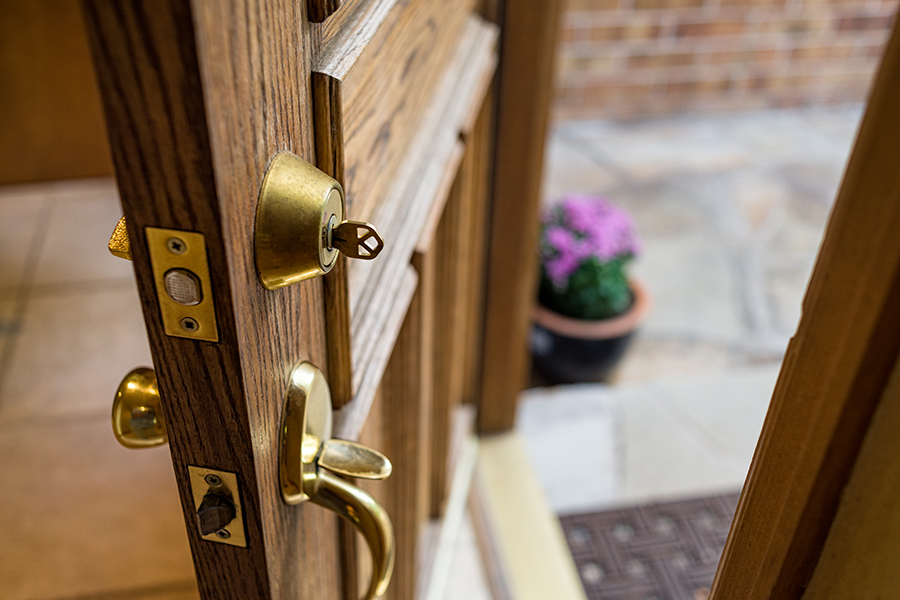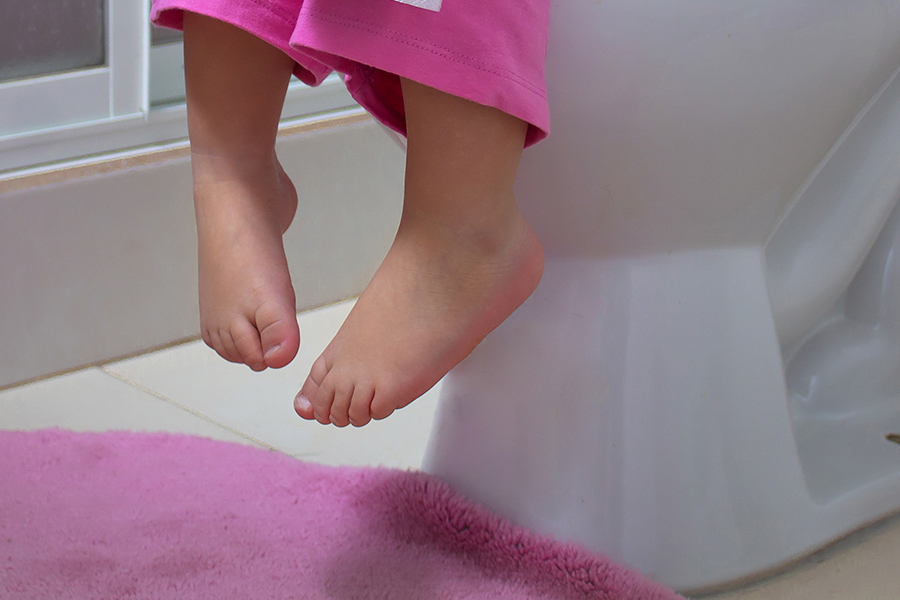Stress urinary incontinence is the most prevalent form of incontinence in women. According to the National Association for Continence, it affects an estimated 15 million adult women in the United States. The “stress” in this type of incontinence refers to a physical stress placed on the urinary system, such as a cough, sneeze or laugh. The reality about stress incontinence is that many women do not seek help or treatment. A common misconception is that leakage is just a normal part of aging that can’t be changed.
While stress incontinence is extremely common, its symptoms are cause for embarrassment and discomfort for some women. It’s important to recognize that there are treatment options available. A healthcare professional who understands and can determine the proper course of action is the best and first resource in diagnosing the condition. It’s also helpful to get familiar with some of the most common questions that women ask about stress incontinence:
Common questions about female stress incontinence:
Q: What different types of triggers can cause a woman to leak urine?
A: The triggers for stress incontinence may include coughing, sneezing, laughing or vigorous exercise. Triggers can vary from one woman to another. For some, movements such as standing up, walking or bending over can cause a larger volume of urine loss which would be classified as moderate or severe stress incontinence.
Q: What are the risk factors for stress incontinence?
A: Risk factors include being overweight or obese, smoking and chronic cough (which may place frequent strain on the pelvic floor muscles and cause bladder leakage). Pregnancy and childbirth can also increase the chances of stress incontinence due to possible weakening, stretching or damage to the pelvic floor muscles. Other risk factors include pelvic surgery and nerve injuries to the lower back.
Q: What tests can be performed by my doctor to evaluate my condition?
A: The healthcare provider will evaluate whether the urine leakage is due to a problem with the pelvic floor muscles or the sphincter and not the bladder. A pelvic and physical exam, stress cough test and urinalysis (to rule out infection) may be performed. Detailed questions about the symptoms, frequency and severity may also be asked. In some cases, a referral to an incontinence specialist may be ordered for additional testing and evaluation.
Q: What are the treatment options that don’t involve surgery?
A: A combination of behavioral treatments may be recommended by the physician to treat stress urinary incontinence. These may include pelvic floor muscle training and daily exercises, weight control, bladder training, smoking cessation and management of dietary irritants such as acidic juices, colas, coffee/tea and any other potential foods. Maintaining regular bowel movements along with proper water intake may also be recommended. Currently, there are no medications approved in the US to treat stress urinary incontinence.
Q. What types of absorbent pads and incontinence products are available?
A: There are several types of quality absorbent products for women that offer protection for every day comfort and confidence. Incontinence product selections include liners and pads, protective underwear, and beltless/belted undergarments. Depending on the volume of leakage, your physician may recommend one type over another.
Additional resources:
The National Association For Continence






















